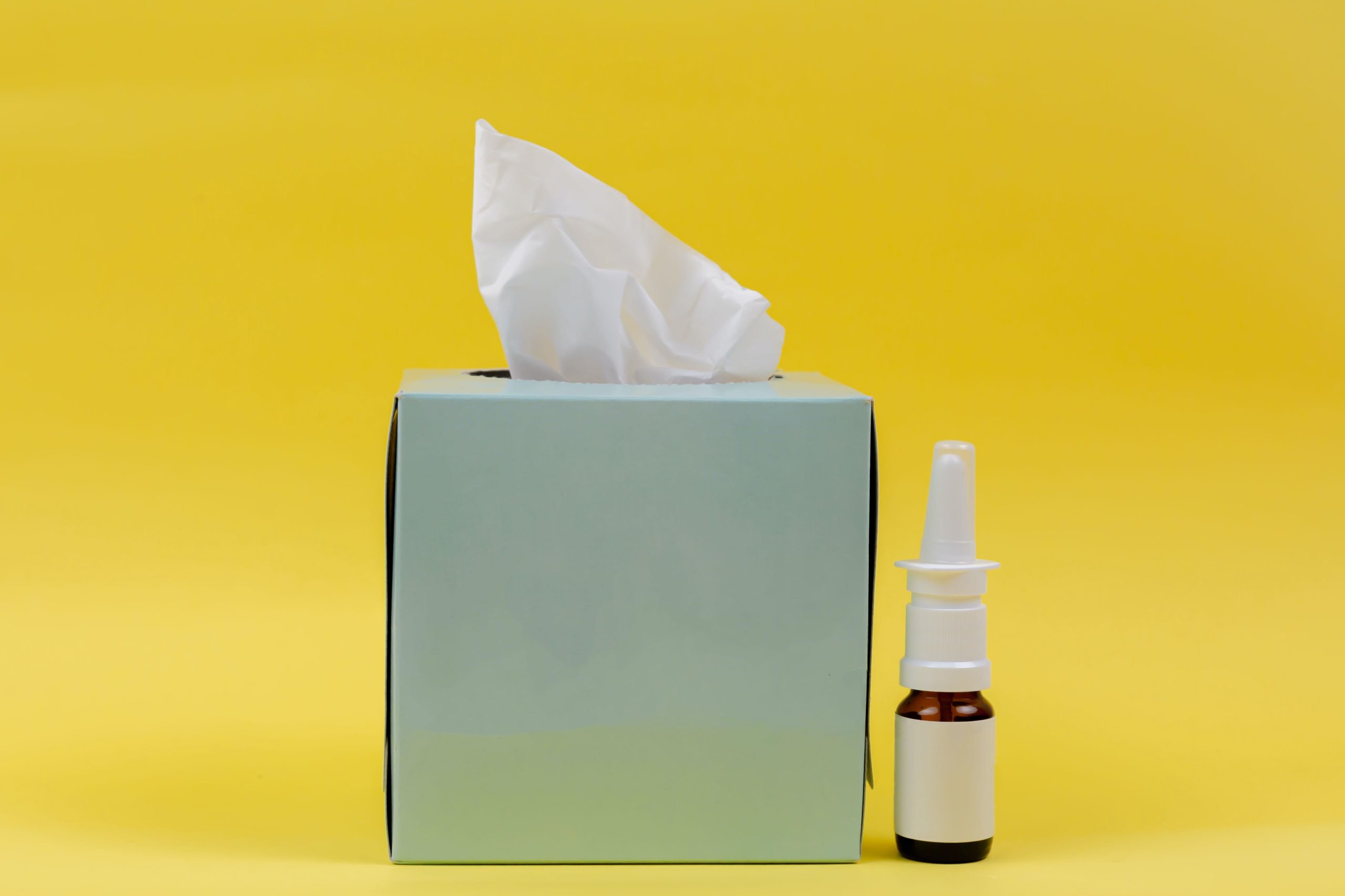Introduction to allergies
An allergy is a reaction of the body to a foreign substance, such as dust, pollen, or food. The immune system overreacts to the allergen, causing symptoms such as sneezing, itching, and difficulty breathing.
Allergies are common, affecting up to 30% of the population. They can be mild or severe, and sometimes even life-threatening. Many people with allergies don’t even know they have them.
There are two types of allergies: allergic reactions and intolerances. Allergic reactions occur when the immune system reacts to an allergen. Intolerances occur when the body has difficulty digesting a certain food or substance. Both can cause similar symptoms, but intolerances are often less severe.
If you think you might have an allergy, it’s important to see a doctor for proper diagnosis and treatment. Allergies can be managed with medication and avoidance of triggers.
What are the most common allergies?
There are a number of different allergies that people can suffer from, but some are more common than others. Here are the most common allergies:
hay fever (allergic rhinitis) – an allergy to pollen that causes symptoms such as a runny nose, sneezing and watery eyes
eczema – a condition that causes the skin to become dry, itchy and cracked
asthma – a condition that affects the lungs and airways, causing difficulty breathing
hives – raised, itchy red welts on the skin that can be triggered by things like food, medication or insect stings
food allergies – reactions to certain foods that can range from mild (such as itching and swelling) to severe (anaphylaxis)
How can you manage your allergies?
If you’re one of the millions of people who suffer from allergies, you know how difficult they can be to manage. Allergies can cause a variety of symptoms, including sneezing, runny nose, itchy eyes, and even difficulty breathing. They can be triggered by a number of things, including pollen, dust, mold, and pet dander.
There are a number of ways you can manage your allergies. One is to avoid triggers where possible. If you’re allergic to pollen, for example, try to stay indoors on days when the pollen count is high. Another option is to take over-the-counter or prescription medications to help relieve symptoms. If your allergies are severe, you may also need allergy shots (immunotherapy).
In addition to avoiding triggers and taking medication, there are a few other things you can do to manage your allergies:
• Keep your home clean and free of dust and other allergens. Regular vacuuming and dusting can make a big difference. • Use an air purifier in your home or office to help remove allergens from the air. • Wear a dust mask when doing activities that could stir up allergens (like gardening or cleaning). • Wash your bedding in hot water weekly to kill any dust mites that might be lurking there.
By following these tips, you can keep your allergies under control and minimize their impact on your life.
When should you see a doctor for your allergies?
If you have any allergies, it is important to see a doctor so that they can help you manage your condition. Allergies can be serious and even life-threatening, so it is important to get the proper medical care and treatment. There are many different types of allergies, and each person may have different triggers and reactions. A doctor can help you identify your specific allergies and develop a plan to avoid or treat your reactions.
Conclusion
Allergies can be a huge inconvenience and can cause immense suffering, but it is possible to manage them effectively. In this guide, we have provided you with all the information you need to identify your allergies and manage them successfully. We hope that these tips will help make sure that your allergies don’t stand in the way of living life to its fullest. With proper management, there’s no reason why allergies should stop you from enjoying every day!










